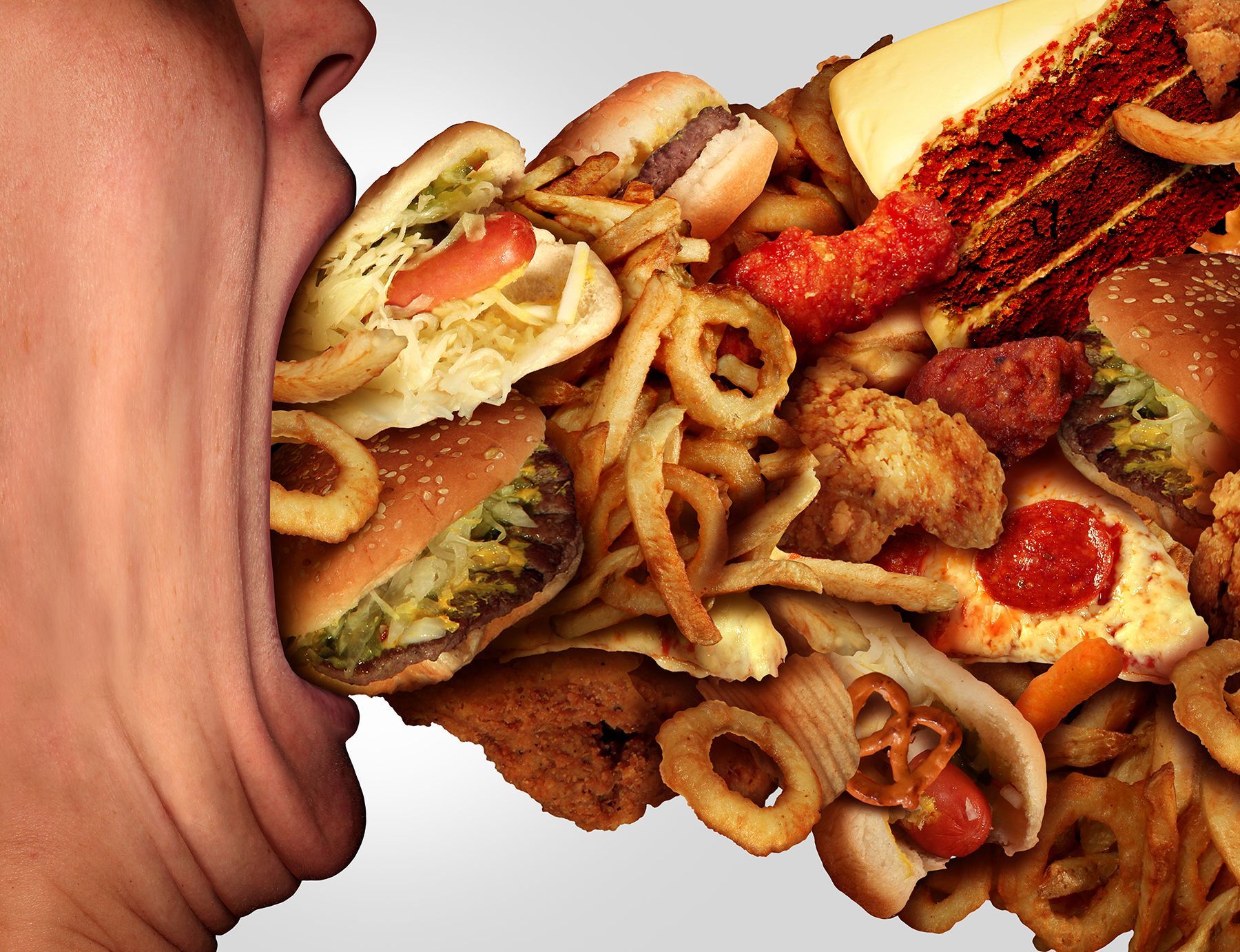The Mental Health Impact Of Being Overweight | Kansas City Laser-Like Lipo®
The Mental Health Impact Of Being Overweight | Kansas City Laser-Like Lipo®

Photo Credit: Shutterstock
At Kansas City Laser-Like Lipo®, we understand that weight loss is about more than just physical transformation. It’s about improving overall health and wellbeing, including mental health. While the physical consequences of obesity are well-documented, the mental health implications are equally profound and can be just as debilitating. This comprehensive article will delve into how being overweight can negatively impact a person's mental health, supported by current research.
The Psychological Toll of Obesity
1. Depression
Depression and obesity often exist in a cyclical relationship, where one condition can exacerbate the other. Research indicates that individuals with obesity are at a higher risk of experiencing depression due to several factors, including low self-esteem, body dissatisfaction, and social stigma. The chronic stress and inflammation associated with obesity can also influence brain function, further increasing the risk of depression.
2. Anxiety
Anxiety disorders are also prevalent among individuals with obesity. The fear of being judged or discriminated against due to one's weight can lead to heightened anxiety levels. Social anxiety, in particular, can become more pronounced, leading to avoidance of social interactions and isolation.
3. Low Self-Esteem and Body Image Issues
Societal standards often promote unrealistic body images, causing individuals with obesity to feel inadequate and unattractive. This negative self-perception can lead to low self-esteem, making it difficult for individuals to feel confident in various aspects of life, from personal relationships to professional settings.
4. Eating Disorders
There is a strong correlation between obesity and disordered eating patterns, such as binge eating disorder (BED). BED is characterized by episodes of eating large quantities of food in a short period, often accompanied by feelings of loss of control. This can create a vicious cycle of emotional eating, weight gain, and further emotional distress.
5. Social Isolation
The stigma associated with obesity can lead to social withdrawal and isolation. People with obesity might avoid social situations where they feel their weight will be judged or criticized, leading to feelings of loneliness and exclusion. This isolation can further exacerbate mental health issues like depression and anxiety.
The Impact on Cognitive Function
1. Cognitive Decline
Emerging research suggests that obesity can negatively affect cognitive function. Excess body fat is associated with inflammation and insulin resistance, both of which can impair brain function and increase the risk of cognitive decline and diseases like Alzheimer’s.
2. Impaired Memory and Learning
Studies have shown that individuals with obesity may experience difficulties with memory and learning. This can be due to the impact of obesity on brain structure and function, particularly in areas responsible for memory processing.
The Role of Biological Factors
1. Inflammation
Obesity is often accompanied by chronic low-grade inflammation, which has been linked to various mental health disorders. This inflammation can affect the brain, leading to changes in mood and behavior.
2. Hormonal Imbalances
Hormones like cortisol, insulin, and leptin, which regulate stress, blood sugar, and appetite, respectively, can become imbalanced in individuals with obesity. These hormonal changes can affect mood, energy levels, and overall mental health.

Photo Credit: Shutterstock
Breaking the Cycle: A Comprehensive Approach
At Kansas City Laser-Like Lipo®, we believe in a holistic approach to weight loss that addresses both physical and mental health. Here’s how our comprehensive program can help:
1. Low-Level Laser Therapy
Our non-invasive low-level laser therapy sessions aid in the drainage of fat cells, which can kickstart the weight loss journey without the need for surgery. This can provide a significant boost in motivation and confidence, essential for mental wellbeing.
2. Nutritional Guidance
Proper nutrition is key to both physical and mental health. Our clinical nutrition programs are designed to address nutritional deficiencies and promote a balanced diet, which can improve mood and cognitive function.
3. Guided Coaching and Support
We offer personalized coaching and support to help our clients navigate their weight loss journey. This helps ensure that our clients have the tools and resources they need to cope with emotional challenges.
4. Positive Environment
Our approach is caring and personalized, focusing on creating a positive and encouraging environment. This helps to combat the social stigma and isolation often associated with obesity, fostering a sense of community and support.
Conclusion
Understanding the profound impact that obesity can have on mental health is crucial in addressing the issue comprehensively. At Kansas City Laser-Like Lipo®, we are committed to helping our clients achieve not only physical health but also mental and emotional wellbeing. If you or someone you know is struggling with the mental health impacts of obesity, know that help is available, and a healthier, happier life is within reach.
For more information about our programs and how we can support your weight loss and mental health journey, please visit our website or contact us directly.
By addressing both the physical and psychological aspects of obesity, Kansas City Laser-Like Lipo® is dedicated to providing a holistic approach to health and wellness. Join us in transforming not just bodies, but lives.











Share On: